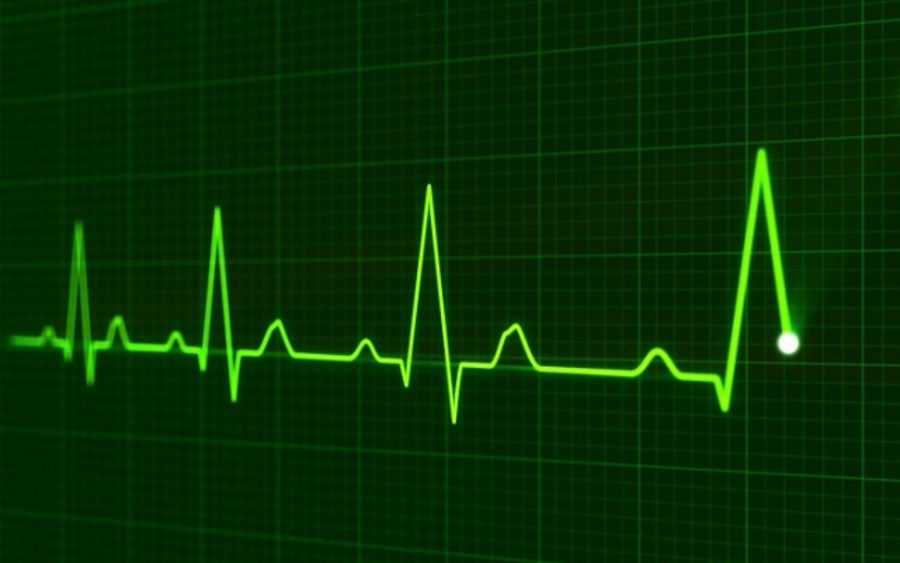
Algorithms will predict our death
Google knows a great deal about its users. The business touches almost every aspect of digital life – from email and search engines to maps and calendars. Now the tech giant can also know when you will die.
Researchers from Google’s Medical Brain team used a new type of artificial intelligence algorithm to predict the probability of death among theód patientóIn the hospital’s. The system they developed will reach more than 90 percent. effectiveness.
According to a research paper published on the „Nature”, familiarizing the algorithmów with data from electronic health records can significantly improve the accuracy of predicted resultsów. In studies using data from dwóch American hospitals, the researchers were able to show that the algorithms could predict the length of a patient’s hospital stay and recovery time, but also the time of death.
The neural network described in the study uses a huge amount of data, such as a patient’s vital signs and medical history, to make predictions. The algorithm organizes the events in each patient’s medical chart on a timeline to determine future outcomesów, including the time of death. And it performs these calculations in record-breaking króTIME.
The effectiveness of predictions in the aforementioned dwóch hospitals was amazing. In the first placóGoogle’s algorithms reached 95 percent of the. accuracy, in the second they predicted with 93. proc. effectiveness.
„The results are much more accurate than the traditional predictive model. The algorithm outperformed the traditional, clinically used model in all cases. We believe that this approach can be used to make accurate and scalable predictions for róhe various clinical scenarios” – wrote the researchers in a publication.
The algorithm is designed to learn all the time from the data it collects. As the researchers noted, it has already reached a very advanced level of diagnosing róThe sometimes very complex symptomsów illób. Humans need years of training to reach a similar state of knowledge.
In one of the cases studiedów, doctors estimated the odds of dying in the hospital of a woman with advanced breast cancer at 9.3 percent. Algorithms, after analyzing the woman’s medical records, determined these odds to be 19.9 percent. After dwóch weeks the woman died. The algorithm not only more accurately determined the odds of dying in the hospital, but also predicted how long she would be hospitalized and whether she would beat the disease.
Hospitals can use this information to find new ways to prioritizeóin terms of patient care, adjusting planóIn the treatment and reporting of casesóin a medical emergency before they even occur. It could make doctors’ jobs easier and improve the effectiveness of treatment.





